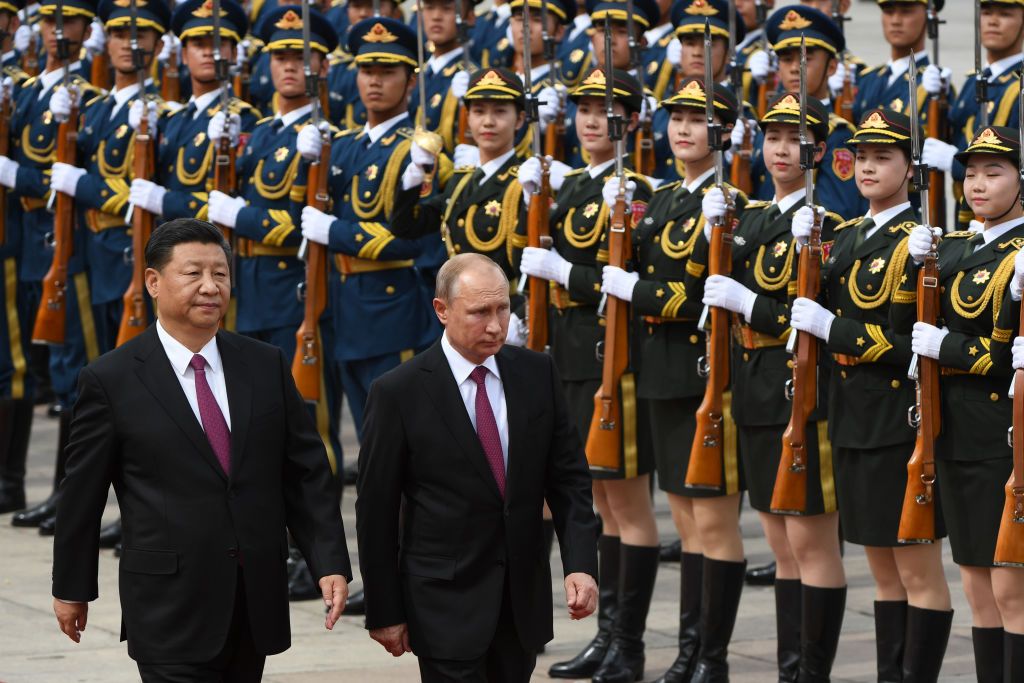Russian ex-warlord Girkin sentenced to 4 years on extremism charges.
The Moscow City Court sentenced Russian nationalist Igor Girkin, also known as "Strelkov," to four years in prison for inciting extremism online, the Russian independent news outlet Mediazona reported on Jan.
25. He was also banned from administrating websites and social media network accounts for three years. Girkin, an ex-intelligence officer who played a pivotal role in Russia's aggression against Ukraine in 2014, was arrested in July 2023 over his Telegram posts, considered by Russian authorities as "extremist." He has been often critical of Moscow's conduct in the war, calling for more hardline measures.
The former warlord was convicted under Part 2 of Article 280, which belongs to the category of medium gravity, with the maximum sentence being no more than five years in prison. In April 2014, Girkin organized the seizure of the town of Sloviansk, Donetsk Oblast, initiating Russia's war in the Donbas. Girkin admitted later in an interview that he had "pulled the trigger" of Russia's war.
He proclaimed himself the "defense minister" of Russia's proxy forces in Donetsk Oblast in 2014. In November 2022, The Hague court convicted Girkin and his subordinates in absentia for downing a civilian aircraft flying over Ukraine from Amsterdam to Kuala Lumpur in 2014 and killing all 298 people on board. He was sentenced to life imprisonment.
During the full-scale invasion of Ukraine, he has often lambasted the Kremlin for mishandling the war effort. Girkin co-founded the Club of Angry Patriots, a hardline nationalist movement pushing for more extreme measures to achieve victory over Ukraine. In December, the warlord's supporters nominated him to run for a presidential election in 2024, but the procedure was not finalized as the notary did not show up to certify their signatures.
Opinion: Why the Russia sanctions are failing
When bilateral talks fail to resolve disputes between sovereign countries, aggrieved parties may turn to an international judicial body, such as the International Court of Justice (ICJ) in The Hague.
Alternatively, treaties or agreements often incorporate provisions for arbitration or mediation of d...
